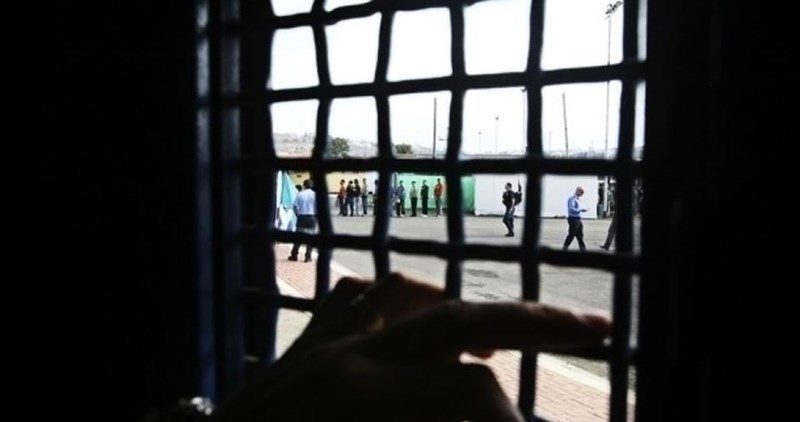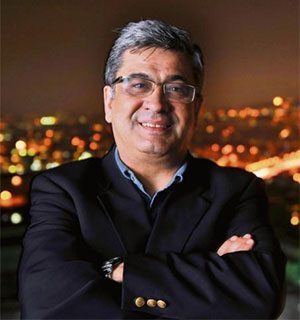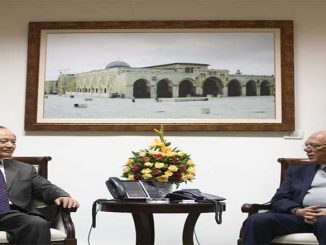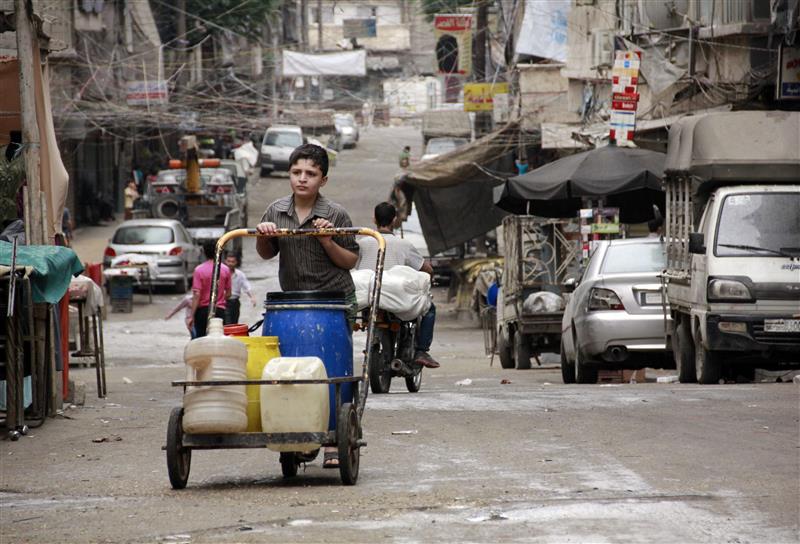
Palestinian Prisoner Society revealed on Sunday that the Palestinian hunger striking captive Walid Masalmeh, 41, from Bait Awwa town in al-Khalil, has been suffering fatigue and severe weakness since day 28 of starting hunger strike, ccording to Palestinian local agencies.
He is striking against being detained in solitary confinement for about ten months. The Society quoted detainee Masalmeh as saying that Eshel prison administration holds him in an isolation cell full of cockroaches and bugs which caused him severe itching.
The Palestinian detainee Masalmeh who has been arrested since 2002 and serving a life sentence has lately been throwing up and experiencing severe pain in the kidneys and the chest. He affirmed this continuation of boycotting the prison clinic and refraining from conducting medical tests.
On the other hand, The Israeli Supreme Court rejected an appeal on Sunday submitted by the Palestinian Committee of Prisoners’ Affairs to release hunger-striking Palestinian brothers Muhammad and Mahmoud Balboul from administrative detention, according to Iyad Misk, director of the legal department of the committee.
The brothers have been on hunger strike for more than 40 days since being placed under administrative detention — Israel’s controversial policy used primarily against Palestinians to detain them without trial or charge.
Sunday’s court session did not take into account the status of the brothers’ deteriorating health, and postponed any discussion on their medical conditions or requests to be transferred to a hospital. A court hearing on the matter is reportedly scheduled to be held at an unspecified date in Jerusalem’s central court.
Misk highlighted the critical condition of the brothers, saying that the two have yet to receive proper medical care, with Mahmoud being treated in the al-Ramla prison hospital and Muhammad still being held in a cell inside Israel’s Ofer prison.
Muhammad and Mahmoud Balboul have been on hunger strike since July 4 and 1 respectively, shortly after they were detained from their home at the beginning of the Muslim holy month of Ramadan in early June.
Muhammad, 26, went to school for dentistry and opened up a local clinic in Bethlehem, while Mahmoud, 23, was working on a Master’s degree in psychology at al-Quds University when they were detained.
In April, Israeli forces detained their 14-year-old sister Nuran — who has since been released — at the 300 Checkpoint in Bethlehem, accusing her of possessing a knife, an allegation that was later dropped.
In addition to refusing any forms of food, the brothers have also refused vitamins, only consuming water. Both have reportedly lost more than 20 kilograms and began suffering from exhaustion, fatigue, severe headaches, and arthritis weeks ago.
Like Bilal Kayid, who reached his 61st day of hunger strike on Sunday, and dozens more Palestinian prisoners, the Balboul brothers are protesting Israel’s administrative detention policy, which is widely criticized for being used to detain family members of Palestinian political leaders, in an extension of several policies that rights groups have deemed “collective punishment” aimed at disrupting family life for Palestinians in the West Bank and East Jerusalem.
As of July, Palestinian prisoners’ rights group Addameer reported that 7,000 Palestinians were held in Israeli prisons, 750 of whom were being held in administrative detention.



